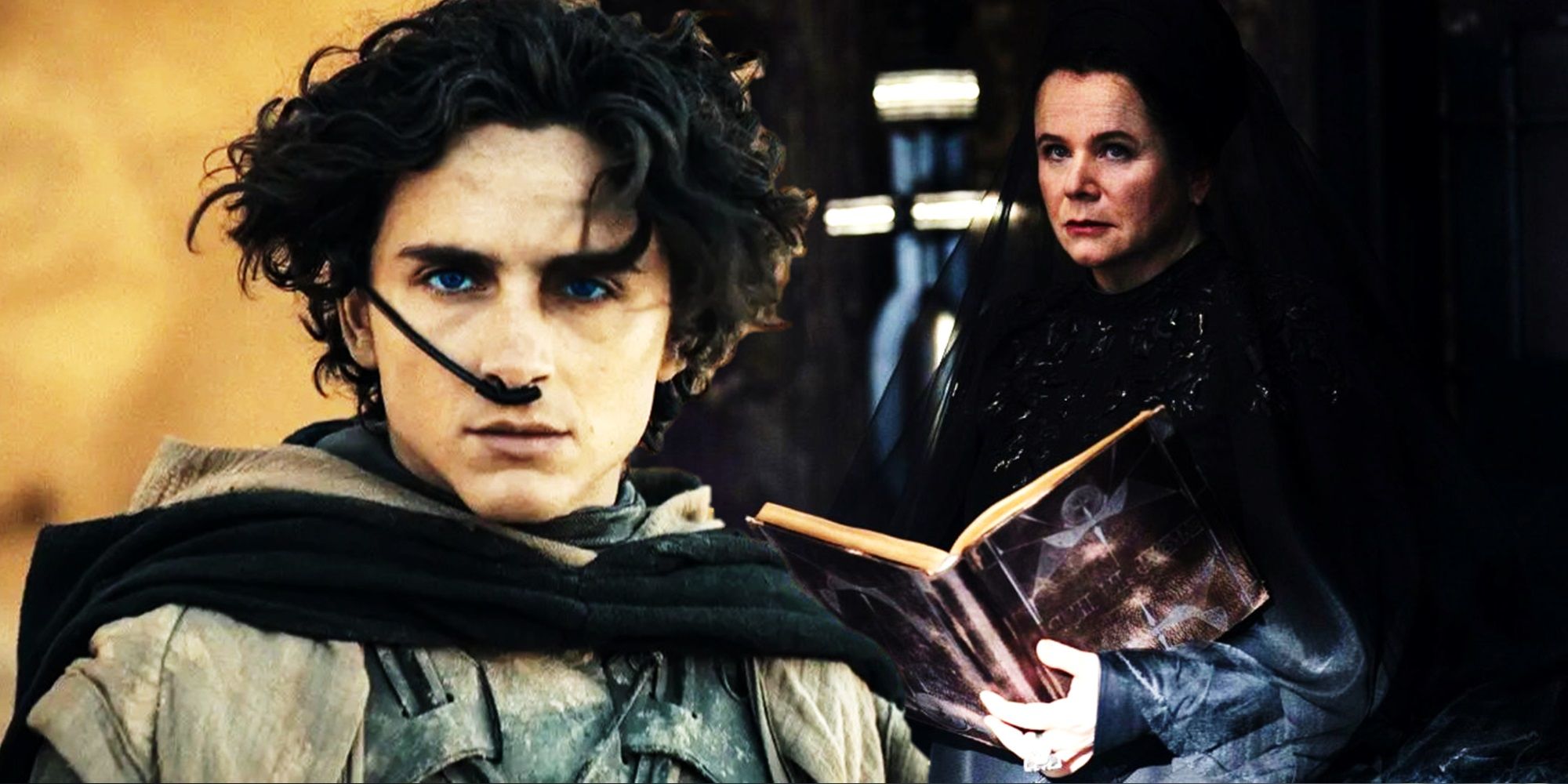
One of the biggest problems with Dune: Prophecy is that it’s very far removed from the characters and storylines that got fans invested in the Dune franchise in the first place. The series is set 10,000 years before the events of Dune, which means it’s 10,000 years before Chani and Stilgar and the hero Paul Atreides and all the other characters that audiences have come to care about will show up. But after those 10,000 years have passed, is the High Council still around?
Dune: Prophecy’s High Council Explained
The Landsraad High Council Settles Disputes Between Houses
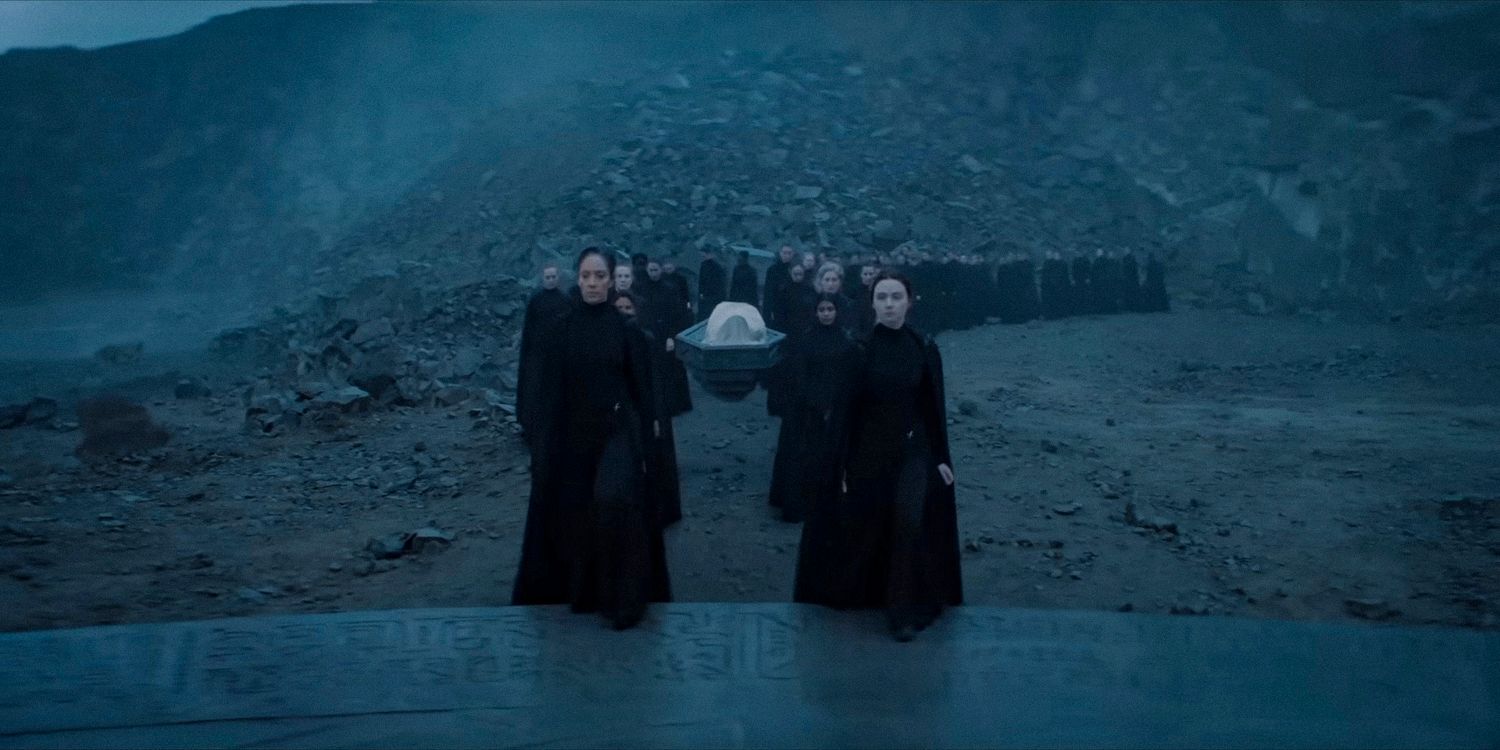
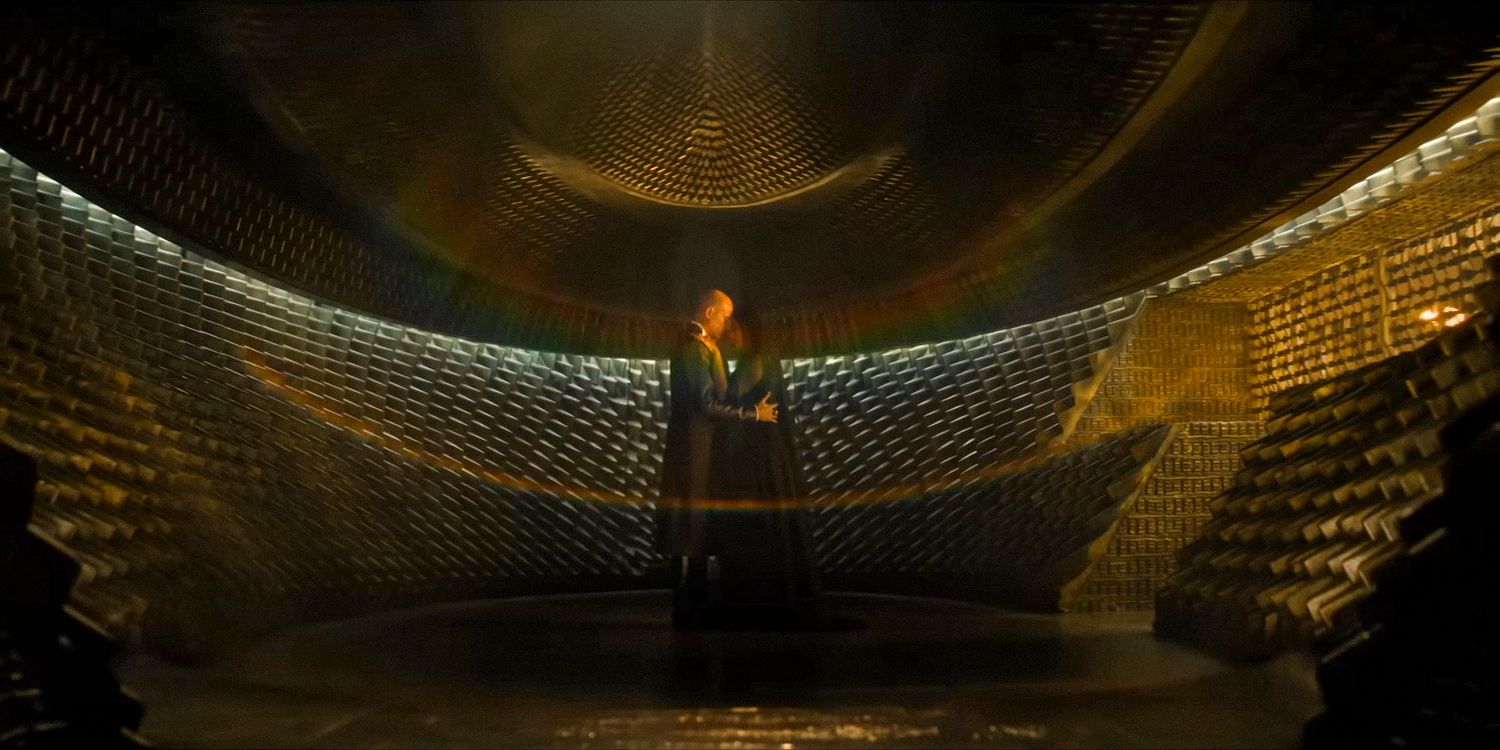
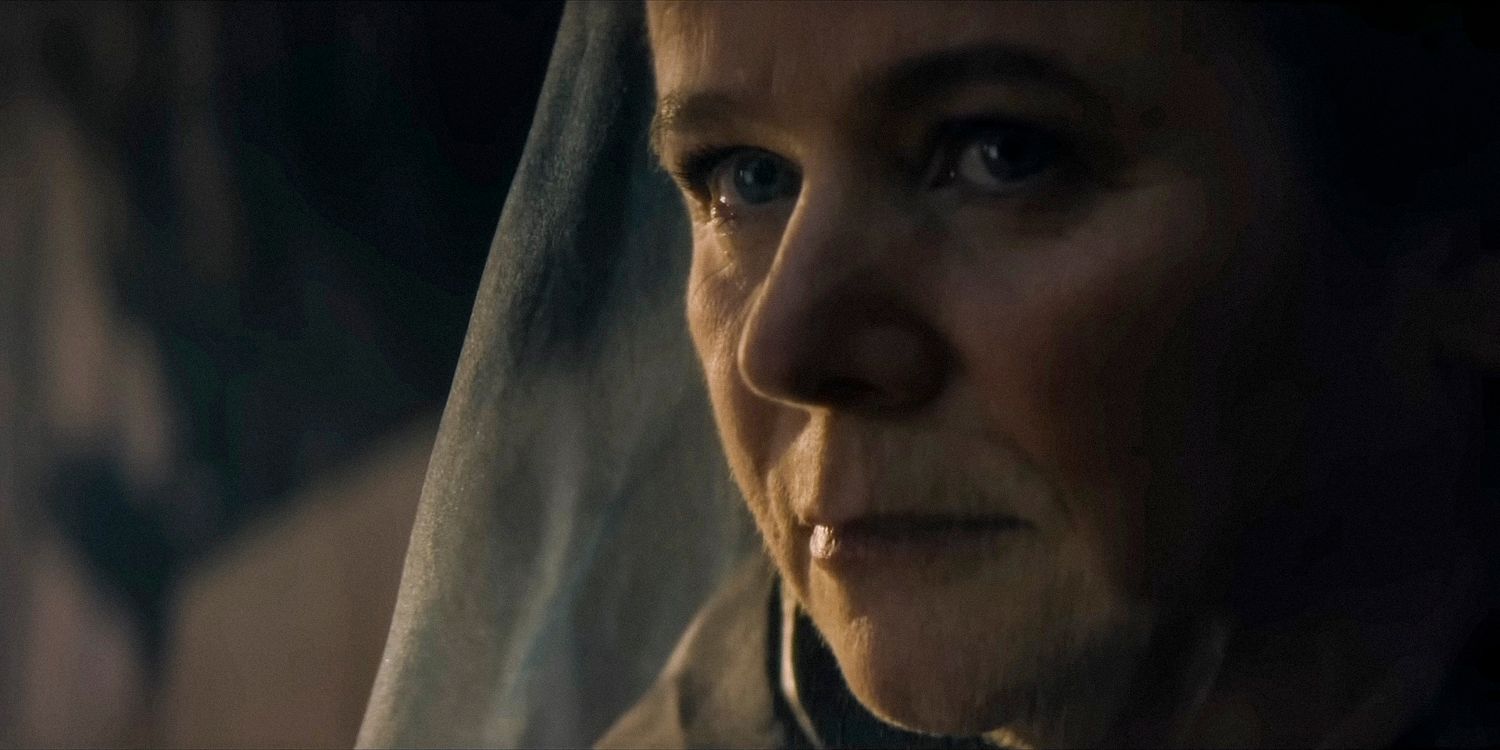
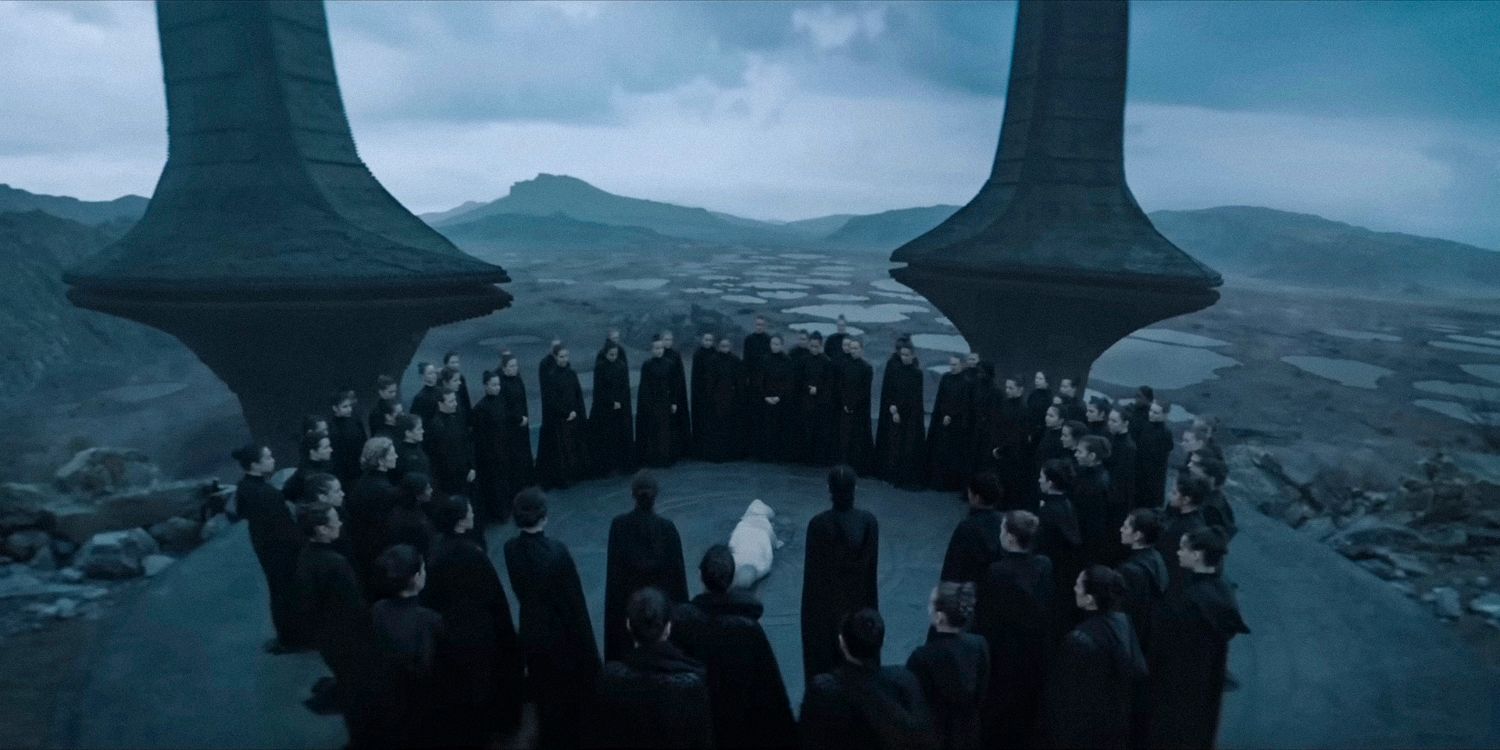
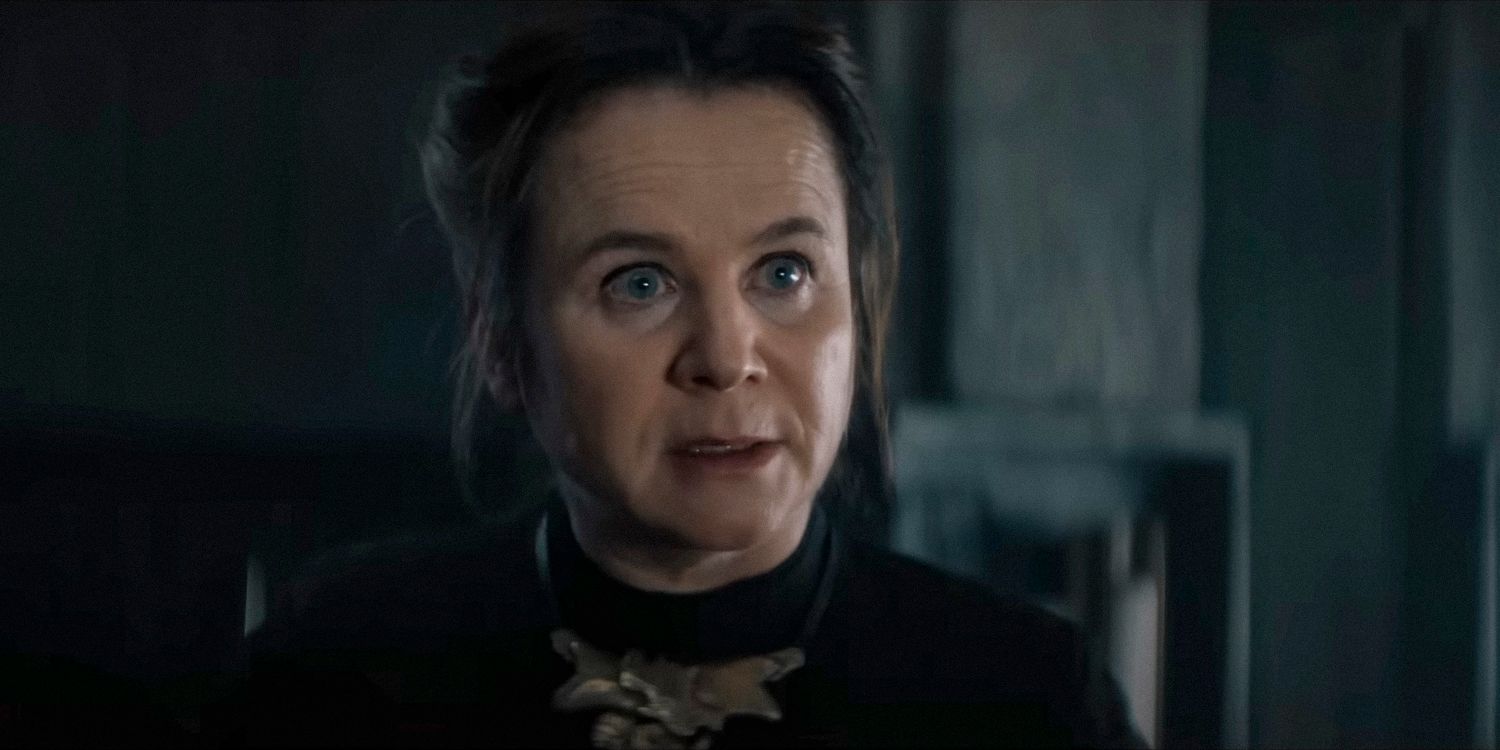





The High Council is the inner circle of the Landsraad that was formed during the time of the Faufreluches, the class system that existed between the Corrino Empire and the Atreides Empire. The High Council’s job is to settle any and all disputes between Houses, which is why they’re expected to investigate Pruwet’s murder in Dune: Prophecy. There’s a specific procedure for bringing a case to the High Council to investigate. Whenever a disgruntled party has a case to present to the High Council, they have to state their grievance in a Bill of Particulars.
The High Council is the only organization with the authority to challenge an arbitrary decision by the Judge of the Change. They’re the only ones who can dispute a decision made by the Judge — and only when the Emperor is present. The worldbuilding of the Dune saga often highlights the frustrations of bureaucratic red tape and autonomous authority, and the High Council is another classic example of that.
Does The Landsraad High Council Still Exist In Denis Villeneuve’s Dune Movies?
Yes, The High Council Still Exists In The Dune Movies
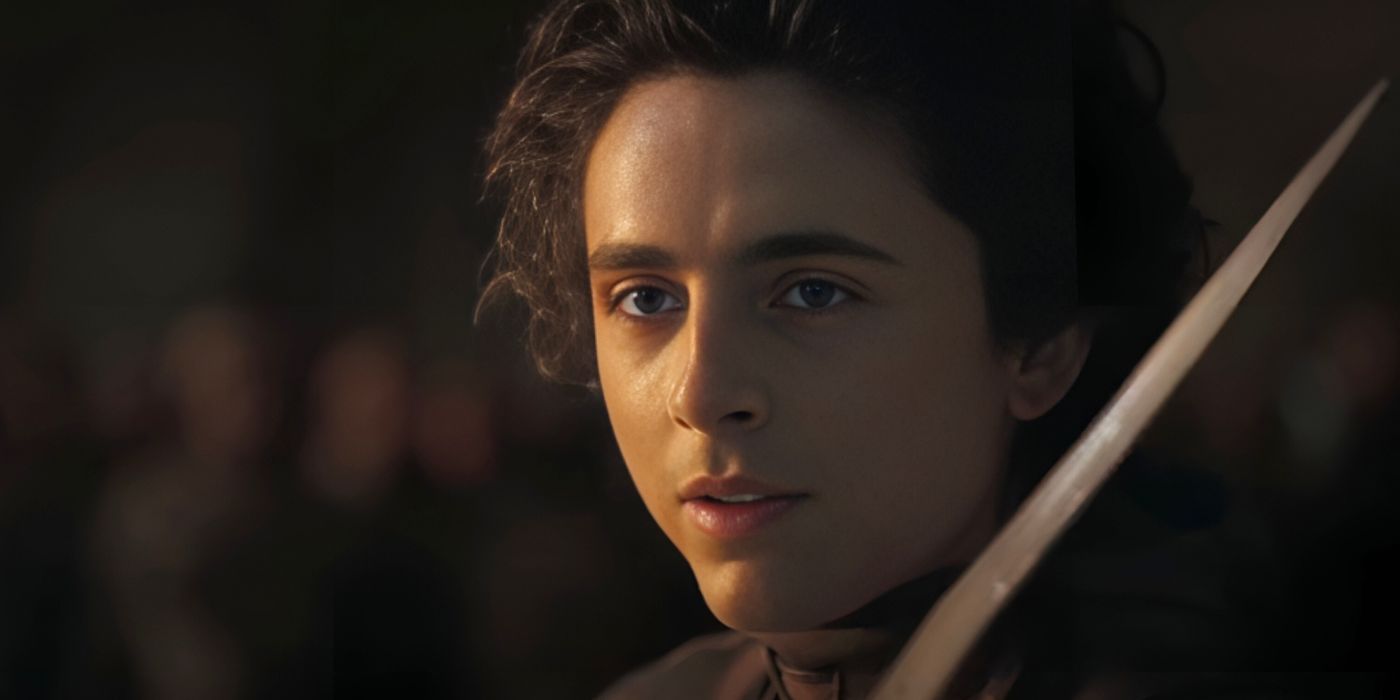
Although it doesn’t play a big role, the High Council featured in Dune: Prophecy is still in operation during the time when Villeneuve’s Dune movies take place. Following the Harkonnens’ invasion of Arrakis and assassination of his father Leto, Paul wanted to send a Bill of Particulars to the High Council expressing his grievance. He felt that the Council would support the grievance, because incidents like the Sardaukar’s invasion are why the Council exists in the first place.





